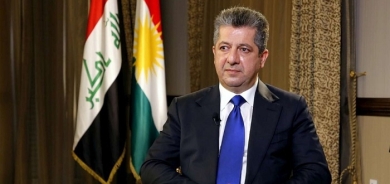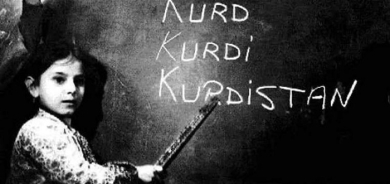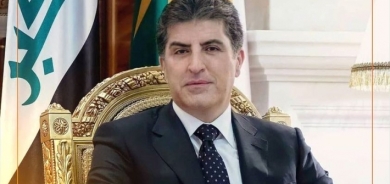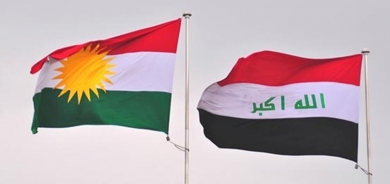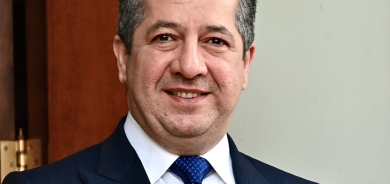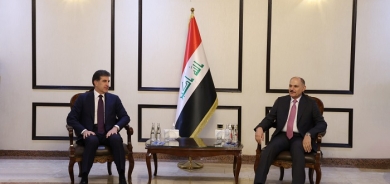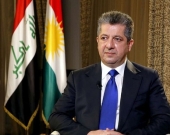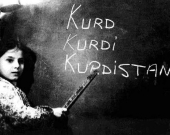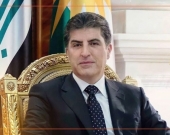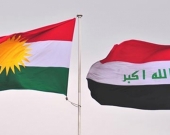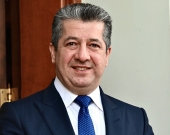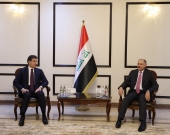Situation of Kurds in Syria discussed in Belgium Senate
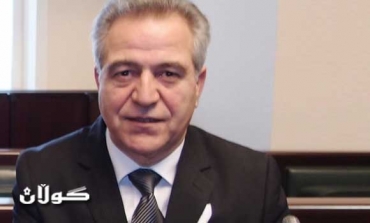
The moderator of the discussion, Flemish senator Piet De Bruyn, expressed the solidarity of Flemish democrats and patriots with the Kurdish people and their struggle for human rights, democracy and freedom. De Bruyn compared the Kurdish struggle with the Flemish fight for human rights in Belgium in the past.
"We have to know well the history and to look [at] it from [a] critical point, so we can learn lessons from the past and build a good future," said De Bruyn.
Dr. Khalit Isa, historian and vice chairman for the external relation of Syrian opposition National Coordinating Committee for Democratic Change, criticized "the Arab nationalists and Islamic extremists, especially Muslim Brotherhood, for cooperating with Turkey and spreading negative propaganda that Kurds are weak and divided".
According to Dr. Isa, "Kurds are the strong[est] and [most] organized community in Syria". They have more than ten different Kurdish political organizations, which represent different political ideas as part of the democratic debate in the society. But at the same time they cooperate and they are united on both a democratic and patriotic basis.
On the other side, Muslim Brotherhood and Turkey have good relations on anti-Kurdish grounds," stated Dr. Isa.
"There are secret agreements between Muslim Brotherhood and Turkey, as for example the anti-Kurdish Adana agreement, which provide weakening of the Kurdish national organizations in Syria, limitation from power and autonomy rights after the fall of Assad’s regime [and the] possibility for cross-border operations on the Syrian-Turkish border against Kurds in both countries," he added.
According to Isa, these agreements will be in force during the Muslim Brotherhood regime, following the fall of Syrian President Bashar Assad.
Sherwan Hassan, responsible for the foreign relations of the Party of Kurdish Democratic Union in Syria (PYD), explained to AKnews that 350,000 Kurds in Syria voted in a referendum to establish the Kurdistan People’s National Assembly (Meclisa Gel).
"The National Assembly will have representatives from different villages and cities, organized in political, juridical, social and cultural committees, as well as committees for youths, women, social reconciliation and self-defense committees," he said.
According to Hassan, the Kurdish political parties in Syria are prepared for every possible development, but their aim is not to contribute to the fall of the regime with the involvement of other countries.
"We support the democratic reforms and the smooth transition in the country," said Hassan.
Flemish journalist Ludo De Brabander pointed out that women's rights have been limited since the Arab Spring. According to De Brabander, if Muslim Brotherhood comes to power in Syria, they will reduce the rights and the role of women and of the ethnic and religious minorities, which are already under threat in the Middle East.
AKnews

